Our returned series of interviews, entitled BUDAPEST WORLDWIDE, which is intended to show our readers what experiences foreigners living here have about Hungary and within that about Budapest. What do they think about us Hungarians, how they managed to integrate, what they think of our language or Hungarian cuisine, and there are many other interesting things that come to light.
First of all thank you very much for answering my questions. Please introduce yourself, who you are where you are coming from? What was the main reason, why did you choose Budapest? Have you ever been in Hungary before?
Szia, Hello and Namaste! My name is Aryav Dayanand, and I hail from Bangalore, India. I am currently pursuing my undergrad over here at International Business School. My journey to Budapest was somewhat serendipitous, as circumstances led me here unexpectedly. Originally intending to pursue studies in Australia, the constraints imposed by COVID-19 restrictions necessitated a change in plans. At the last moment, I decided to embark on this unforeseen adventure as the course offered here aligned perfectly with my aspirations of becoming a diplomat. To provide context, this is my inaugural venture into Europe, marking my first encounter with Hungary but little did I anticipate that this country would captivate me in such a profound manner.
You come from Bangalore, which has more resident, than the whole country of Hungary. Can you tell us a little more about your homeland? How it the electronic music scene there?
Bangalore, often referred to as the „Silicon Valley of India,” is a bustling metropolis renowned for its vibrant culture, booming tech industry, and dynamic atmosphere. It is one of India’s largest and most populous cities. You see, India is a land of various cultures, languages, and cuisines. It’s a place where diversity isn’t just celebrated, it’s woven into the very fabric of daily life. Traveling across India is like embarking on a culinary and cultural odyssey. Every 100 kilometres or so, you’ll encounter a new language, a different set of customs, and of course, a tantalizing array of regional cuisines. This diversity is not only a source of pride but also a cornerstone of India’s identity, fostering a sense of unity amidst the multiplicity of cultures. Talking about electronic dance music, psytrance holds a special place in India’s electronic music scene. it is noteworthy that psytrance was born, emerged, and evolved significantly within the Indian subcontinent, with Goa being a focal point for its inception in the early 90’s. Beyond Goa, the rave culture has taken root in cities across India. From underground clubs in Mumbai to open-air festivals in the valleys of Himachal, ravers come together to celebrate music, art, and community.
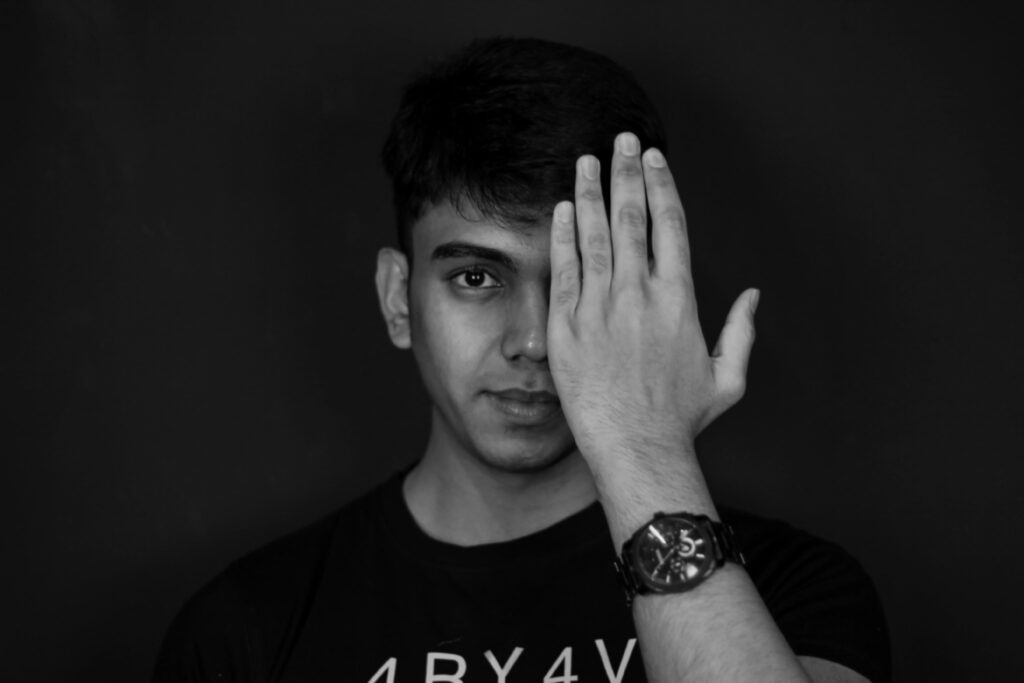
Did you know anything about Budapest’s nightlife before you moved to Hungary?
To be honest, I didn’t have any prior knowledge of Budapest’s nightlife. However, I had come across intriguing descriptions of the city’s iconic ruin bars, which piqued my interest. The concept of repurposing old buildings into vibrant and eclectic bars seemed both fascinating and unique.
Is there anything strange that is not common in your homeland but it is quite normal in Budapest? What is the main difference between these two countries?
One thing that struck me as quite different in Budapest compared to India is how the nightlife operates. Back home, things tend to wind down pretty early due to various regulations and cultural norms. Most establishments close shop around midnight or shortly thereafter, especially during the weekdays. But Budapest? It’s a whole different story! Here, the city truly comes alive after dark. It was a bit of a culture shock for me at first, seeing people still out and about well into the early hours of the morning. Whether you’re strolling down the bustling streets of District VII or hopping from one place to the next, there’s always something happening, so adjusting to the late-night revelry of this city took a bit of getting used to but hey, I’m not complaining!
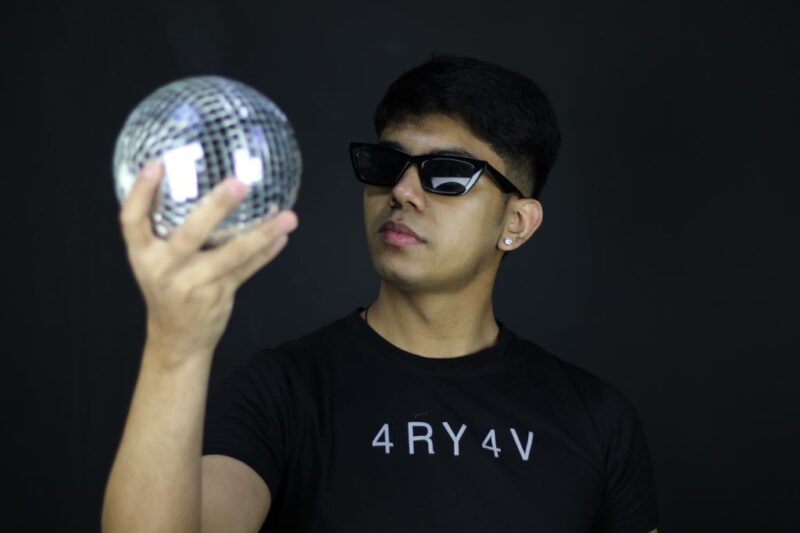
What was the first Hungarian word you learned?
The first Hungarian word I learnt over here was „Egészségére,” which means cheers!.
What were your favourite parties in Budapest?
There were so many parties/ raves that were my favourite, but my first rave tops it all. One of the most memorable experiences I’ve had here Budapest was at Flashback Studios back in 2022. It was my first exposure to the world of raves and hard techno, and I was completely blown away. Everything about it, the music, the atmosphere, and the vibrant rave culture ignited a passion within me. It’s funny how this kid who never knew anything about techno or raving would turn out to be a DJ in the following year! This shows how life can take unexpected turns. It is a testament to how beautifully unpredictable life can be and I’m grateful for the journey that began with that unforgettable rave experience on that very night.
Another one which was very special was on my DJ debut at Fabrika klub, this event marked a significant milestone in my journey, representing the culmination of diligent effort and dedication that I had put into making it a reality. The atmosphere at Fabrika, combined with the energy of the crowd, created an unforgettable experience that solidified my passion for DJing and underscored the importance of perseverance in achieving one’s goals.
What do you think about Hungarian cuisine? Could you name a dish that you never had before, and you really like?
Well, compared to the spice levels of Indian cuisine, Hungarian dishes tend to be milder in terms of heat, One dish that stands out to me which I liked is goulash, a traditional Hungarian stew that I had never tasted before arriving in Hungary. In many ways, goulash reminds me of Indian comfort foods like stewed lentils or hearty vegetable curries, while the spice levels may differ, both cuisines share a commitment to creating dishes that are deeply satisfying and deeply rooted in tradition.
Apart from going out in a club or pub are there any other places you like to visit? Have you got favourite places in the city?
Oh, absolutely! Budapest is full of hidden gems and wonderful spots to explore beyond the club and pub scene. Gellert hill is one of those places that just takes your breath away, especially during sunset. The panoramic views of the city and the Danube River from up there are simply stunning. Apart from that I’d have to say I have a soft spot for the riverside areas too. Nehru Park near Pavilion Bar sounds lovely! The peaceful ambiance by the river and the view of the Gellert hill coupled with a refreshing drink or a leisurely stroll, sounds like the perfect way to unwind and soak in the beauty of this city.
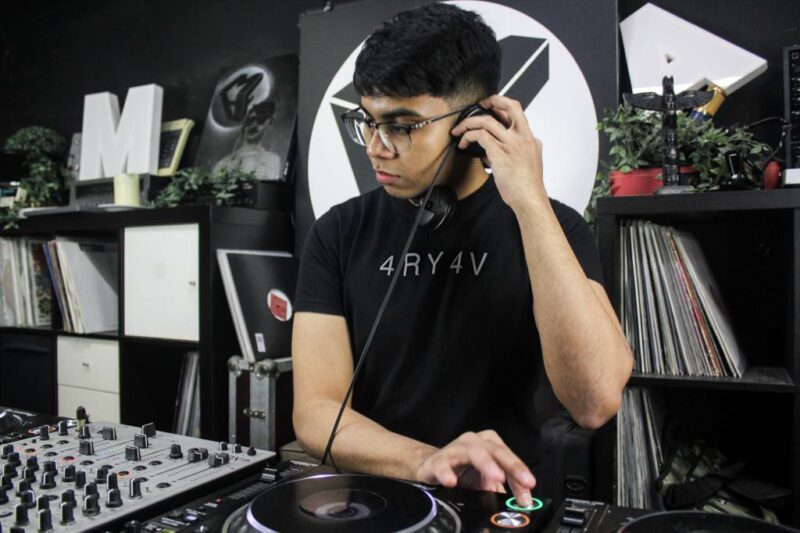
If you can specify anything, what is the most difficult thing you will never get used to in Hungary?
I think one aspect is the weather. Coming from a region known for its warm and tropical climate, adjusting to the Hungarian weather, especially during the colder months, can be quite the feat. The cold winters and sometimes unpredictable weather patterns can be quite challenging to acclimate to. The other one is of course the language. Hungarian is a unique language with its own complexities but despite these challenges I’m trying to learn and adapting to this new environment to the best of my abilities.
Foreigners don’t always think positive of Hungarians. When I used to live in foreign lands, I also had bad experiences. Just be honest because our readers are really open minded, advanced thinking people: specify anything you don’t like in this country or how the Hungarians behave?
Of course, as with any place, there are bound to be both positive and negative aspects to consider. However, I must emphasize that my personal experiences in Hungary, particularly with the locals, have been overwhelmingly positive. That being said, if I were to pinpoint any minor grievances, it would perhaps revolve around occasional encounters with individuals who may appear a bit reserved or guarded, particularly among the older population. However, I attribute this more to cultural differences and perhaps language barriers rather than any inherent negativity. In my interactions with Hungarians, I’ve found them to be warm, hospitable, and eager to share their culture and traditions. The warmth and generosity of the Hungarian people far outweigh any minor inconveniences, and I am grateful for the opportunity to immerse myself in their rich culture and history.
As I conclude this interview, I would like to express my heartfelt gratitude to primate.hu for providing me with this invaluable opportunity to share my journey and experiences with the world. It has been a privilege to have this platform to showcase my story, and I am truly appreciative of the support and encouragement extended to me. I will continue to entertain and give back to this very community with the best of my abilities.
köszönöm
Aryav will play next on friday at Kindergarten in Fabrika!
Event link: https://www.facebook.com/events/25523768897221644

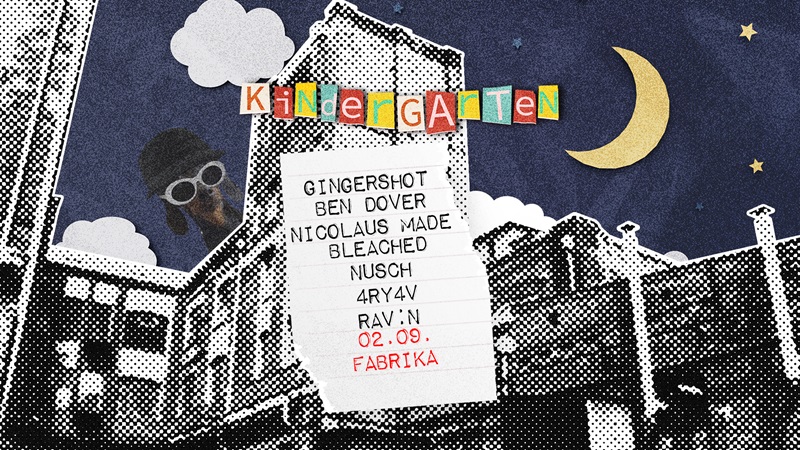


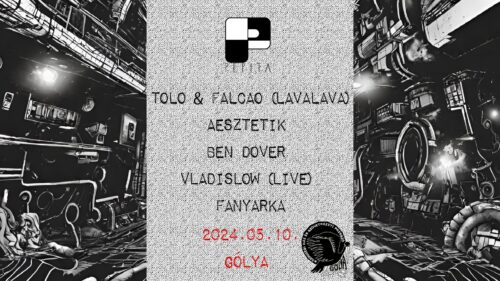
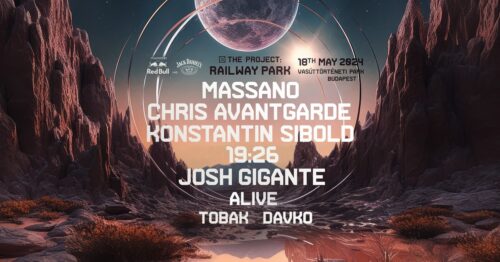
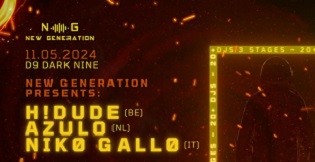
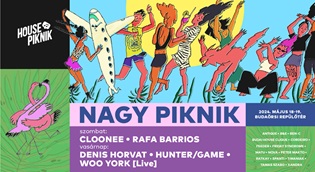



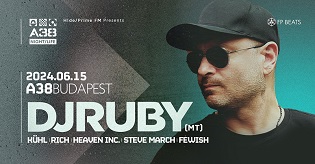


Comments are closed for this post.